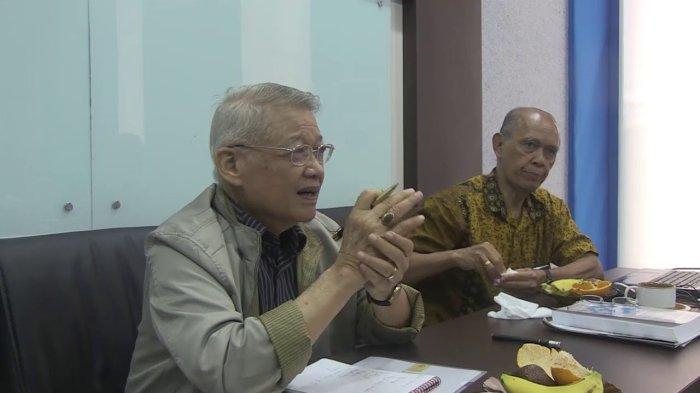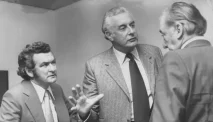Since then, sinology has gradually developed as an independent science using modern methods. In keeping with the times, the goals of early sinology were culture, ancient history, and the works of the Confucian classics and other philosophical schools in China.
The exploration of China has undergone another development since the founding of the People’s Republic of China and the Cold War between the Western and Eastern Blocs. Sinology, which focuses only on the history, culture, and philosophy of ancient China, is considered less contemporary.
In response, studies have since emerged that deal with contemporary social, economic and political issues in China. In connection with the increasing focus on contemporary topics, the term sinology emerged, which became more popular than the term sinology more than 40 years later.
Regarding Dahana’s explanation, sinology has seen interesting developments in Indonesia as well.
“In Indonesia, the study of China began to develop in the late colonial period, particularly since the first decade of the last century, when an interest in contemporary Chinese problems began to develop, particularly among Chinese.
The emergence of this interest was influenced by political developments in the country, particularly after the names of two prominent political figures emerged, namely Kang Youwei and Dr. Sun Yat-sen,” Dahana said.
According to him, at the end of the first decade of the last century, there was an association in Batavia called Soe Po Sia (Shubaoshe, literally means reading room), which became a meeting place for young ethnic Chinese, who discussed all the developments in China. .
Meanwhile, more or less at the same time, the government of the Dutch East Indies also set up a body called the Kantoor voor Chineesche Zaken (Chinese Affairs Bureau), which served, among other things, to advise the colonial government on how to deal with the Chinese community.
“However, the emergence of Sinology as an academic activity in Indonesia only took place after the end of the Second World War, after two Dutch law graduates, Prof. DR. Van der Valk and Dr. Mister. Meyer founded with the support of Dr. the Sinological Institute. “RP Kramers in 1947,” Dahana said.






